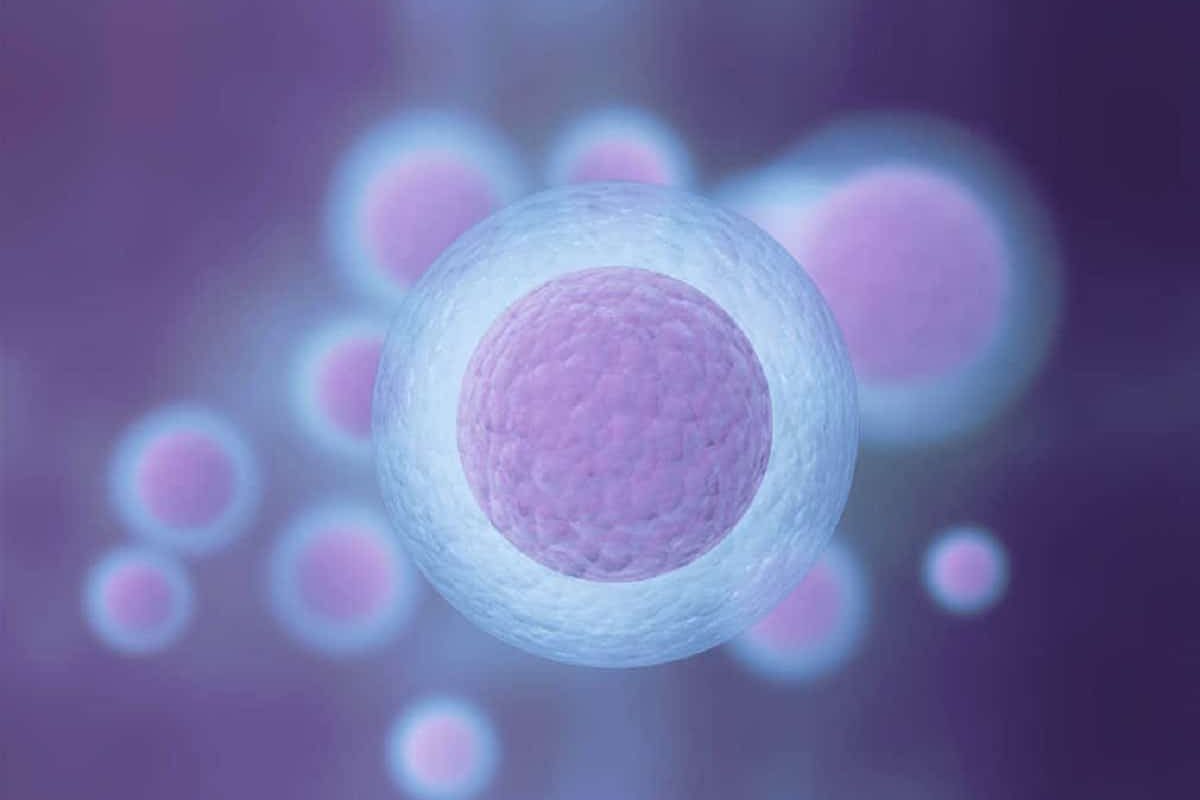The menstrual cycle is divided into 2 phases: the follicular phase and the luteal phase. Day 1 of the cycle coincides with day 1 of menstruation (bleeding), giving way to the follicular phase. Then ovulation takes place followed by the next phase, the luteal phase.
How do birth control pills work?
Mixed birth control pills contain estrogens and progestins (substance analogous to our hormones), which have the ability to inhibit ovulation. In addition, some pills are able to modify the cervical mucus, so that it becomes impermeable to sperm, and the endometrium so that embryo implantation is not possible. Like any other drug group, they have side effects such as changes in appetite, weight gain due to fluid retention, lipid tissue genesis, group-B vitamin deficiencies and glucose intolerance.
What foods should we avoid for a better progression of the menstrual cycle?
Refined sugars, ultra-processed foods and alcohol. These products do not provide any nutritional benefit to the body. In fact, they are pro-inflammatory so they could increase the negative symptoms related to the menstrual cycle (menstrual pain, inflammation, food cravings, etc.). As for alcohol, apart from being a drug, it is also irritating, pro-inflammatory and, in addition, it can saturate the liver so the side effects are significant.
However, physical exercise brings a number of benefits: it is anti-inflammatory, reduces the amount of circulating prostaglandins, releases endorphins… But it is important to point out that everything in excess is not good, so precaution must be taken because long and intense “poorly scheduled” exercise paired with a poor diet can trigger menstruation interruption (amenorrhea) and other negative symptoms.
Another very important aspect is rest and stress management. Restful sleep has the ability to repair the body, and also during rest, changes related to hormone release occur. This way, if deep sleep is not achieved, hormonal balance can be altered. In addition, stress also affects the hormonal state of the body since it interacts with the menstrual cycle hormones altering them and producing menstruation imbalances. If you experience menstrual disturbances, evaluate if your stress levels are adequate.
Link: https://www.diariodenavarra.es/noticias/blogs/dn-running-dudas-consejos/2020/06/25/efectos-del-ciclo-menstrual-sobre-composicion-corporal-energia-salud-694100-3363.html
Date: June 26th, 2020
By: María Jáuregui López
Article written by María Jáuregui López (@dietistaeninsta), Pharmacy + Human Nutrition and Dietetics graduate from the University of Navarra, ID number NA396. She is passionate about Nutrition and is an advocate of a healthy lifestyle. Currently, she is part of the Javier Angulo team working as a Dietitian-Nutritionist at the Center “Esportrium Nutrición y Fisioterapia”
Bibliography:
[1] S. Andrea Contreras and O. Larisa Fabres, “Epilepsia y mujer,” Rev. Médica Clínica Las Condes, vol. 24, no. 6, pp. 928–937, 2013, doi: 10.1016/s0716-8640(13)70246-3.
[2] L. B. De Souza, K. A. Martins, M. M. Cordeiro, Y. D. S. Rodrigues, B. P. M. Rafacho, and R. A. Bomfim, “Do Food Intake and Food Cravings Change during the Menstrual Cycle of Young Women?,” Rev. Bras. Ginecol. e Obstet., vol. 40, no. 11, pp. 686–692, 2018, doi: 10.1055/s-0038-1675831.
[3] Xusa Sanz, “Curso ciclo menstrual y salud.” Norte Salud Nutrición. Escuela de alimentación.
[4] A. C. Hackney, A. L. Kallman, and E. A?gön, “Female sex hormones and the recovery from exercise: Menstrual cycle phase affects responses,” Biomed. Hum. Kinet., vol. 11, no. 1, pp. 87–89, 2019, doi: 10.2478/bhk-2019-0011.
[5] “Bot PLUS [Base de Datos],” [Online]. Available: https://botplusweb.portalfarma.com/.
[6] Linda S. Costanzo, FISIOLOGÍA, 4a edición. ELVESIER.
[7] “OFFICE ON WOMEN’S HEALTH,” [Online]. Available: https://espanol.womenshealth.gov/menstrual-cycle.
[8] Y. Zhengwei and J. C. Schank, “Women do not synchronize their menstrual cycles,” Hum. Nat., vol. 17, no. 4, pp. 433–447, 2006.
[9] A. Lanfranchi, “A Scientific Basis for Humanae Vitae and Natural Law: The Role of Human Pheromones on Human Sexual Behavior Preferences by Oral Contraceptives and the Abortifacient Effects of Oral Contraceptives,” Linacre Q., vol. 85, no. 2, pp. 148–154, 2018.
[10] C. J. Wysocki and G. Preti, “Facts, fallacies, fears, and frustrations with human pheromones,” Anat. Rec. – Part A Discov. Mol. Cell. Evol. Biol., vol. 281, no. 1, pp. 1201–1211, 2004.
Nutrigenomics Institute is not responsible for the comments and opinions included in this article






